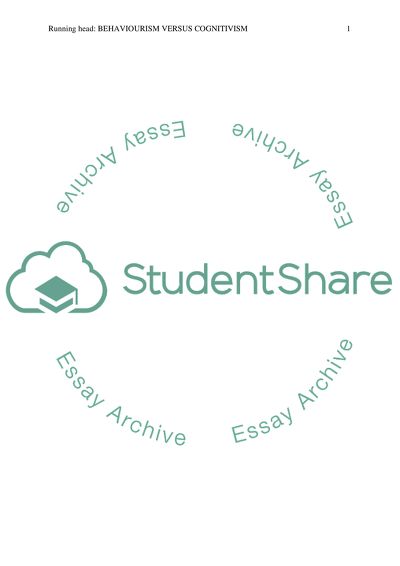Cite this document
(“An Evaluation of Cognitivism versus Behaviourism: in Favour of Essay”, n.d.)
Retrieved from https://studentshare.org/psychology/1447669-an-evaluation-of-cognitive-psychology-and
Retrieved from https://studentshare.org/psychology/1447669-an-evaluation-of-cognitive-psychology-and
(An Evaluation of Cognitivism Versus Behaviourism: In Favour of Essay)
https://studentshare.org/psychology/1447669-an-evaluation-of-cognitive-psychology-and.
https://studentshare.org/psychology/1447669-an-evaluation-of-cognitive-psychology-and.
“An Evaluation of Cognitivism Versus Behaviourism: In Favour of Essay”, n.d. https://studentshare.org/psychology/1447669-an-evaluation-of-cognitive-psychology-and.


